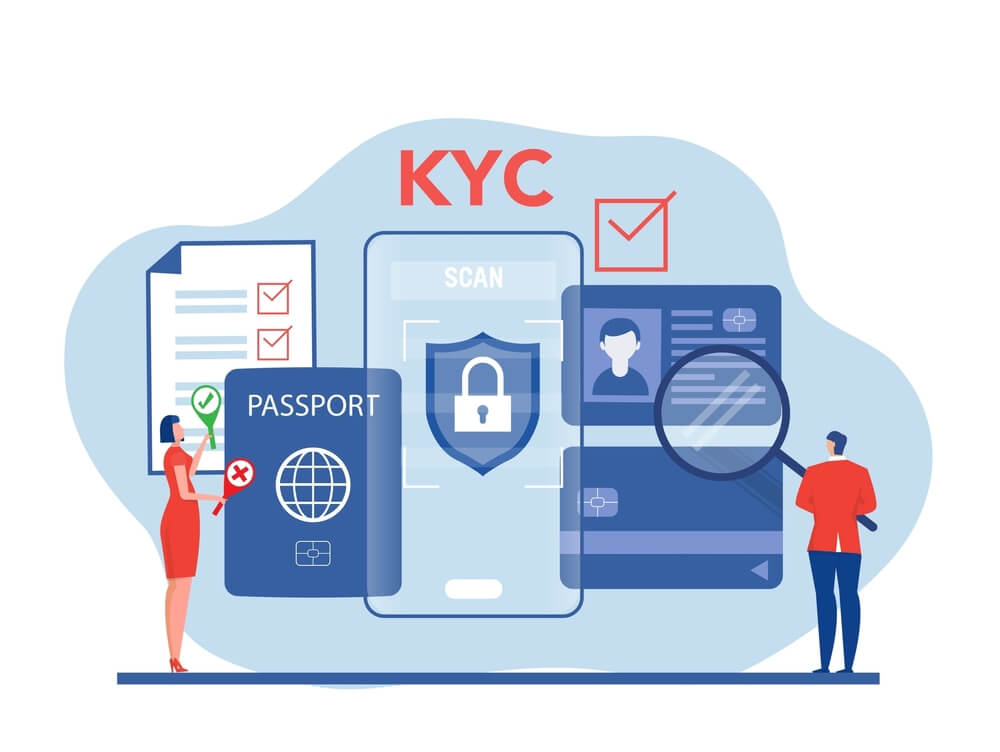Table of content
In today's globalized world, it's crucial to verify passports. This helps maintain security and prevent identity fraud. We aim to provide a deep understanding of passport verification. We will cover its importance and the methods used to check this vital ID.
Understanding Passport Verification
Passport verification involves a careful check of a passport. It confirms its authenticity and the accuracy of the personal information it contains. This process is vital. It detects changes or forgeries that may indicate identity fraud.
Importance of Passport Verification

- Identity Confirmation
- Document Integrity
- Regulatory Compliance
Identity confirmation involves verifying that an individual is who they claim to be. This process is vital to prevent impersonation and identity theft. They can cause serious financial and reputational harm. By confirming identities, organizations can ensure that only legitimate users receive services. This maintains trust and security. In digital transactions, identity verification prevents unauthorized access and fraud.
Document integrity means a passport or ID hasn't been tampered with. Verifying document integrity means checking for forgery. Look for inconsistencies in fonts, holograms, or other security features. Document integrity prevents fraud. It confirms the document is genuine and its information is accurate. Advanced technologies, like biometric checks and machine-readable zones (MRZ), often detect document tampering.
Regulatory compliance means following laws and rules. They require organizations to verify their clients' identities. This is crucial in finance and healthcare. KYC and AML rules require thorough identity checks. Compliance ensures organizations meet laws. This avoids penalties and helps prevent financial crimes. Strong identity verification processes help organizations comply with regulations and maintain their integrity.
Key Components of Passport Verification
Machine Readable Zone (MRZ) Analysis:
- Structure:The MRZ is a section of the passport containing encoded personal data. For Type 3 travel documents, it has two lines of 44 characters each. For Type 1 documents, it has three lines of 30 characters each.
- The MRZ contains data encoded within it. It includes the holder's name, passport number, nationality, date of birth, sex, and passport expiry date.
- Verification Process: The MRZ is scanned. It is then compared to data from the ICAO algorithm. Discrepancies may indicate tampering or forgery.
Visual Inspection:
- Physical Features: Check security features like holograms and watermarks. Also, check the print quality to find any anomalies.
- Photograph Comparison:Ensuring the photograph matches the individual presenting the passport.
Electronic Chip Verification (for e-Passports):
- Chip Data:Many modern passports have an embedded chip. It stores the holder's personal and biometric data.
- Verification Process:Specialized equipment reads the chip. It checks that the data matches the passport and that the chip is untampered.
Steps in the Passport Verification Process

- Data Capture:Scan the passport to extract the MRZ data. If applicable, read the electronic chip.
- Data Validation:Comparing extracted data to official databases. Also, using algorithms to check for consistency and authenticity.
- Security Feature Examination:Inspecting physical security features for signs of forgery or alteration.
- Biometric Verification:For e-passports, compare the chip's biometric data with the individual's current biometrics.
- 5. Decision Making:Verify the document's authenticity. Approve or reject the verification.
Challenges in Passport Verification
- Advanced Forgery Techniques:As counterfeits improve, we must evolve our verification processes. We need to detect fake documents.
- Data Privacy Concerns:We must handle personal and biometric data with care. We must follow privacy laws to protect individuals' information.
Best Practices for Effective Passport Verification
- Use Advanced Technology:Using the latest verification tools helps detect fake passports.
- Regular Training:Train staff to recognize new forgery techniques and use verification equipment.
- Compliance with International Standards:Following ICAO and other standards ensures reliable, consistent verification.
Conclusion
Passport verification plays a critical role in ensuring security across various sectors. It is a key defense against identity fraud. It has grown more sophisticated in today's interconnected world. Validating passports lets organizations confirm individuals' identities. This reduces risks and fosters trust in sensitive operations.
In travel, passport verification is vital for border security. It ensures safe, legitimate movement across countries. It helps stop illegal entry, human trafficking, and fake documents. This aids global security and compliance with international rules.
The financial sector handles transactions with sensitive data and large sums of money. So, passport verification is a strong defense against fraud. It helps financial firms comply with KYC rules. It deters money laundering and serves only genuine clients.
Robust passport checks protect organizations from fraud. They also build trust with clients and stakeholders. By using advanced tech like AI verification, businesses can verify quickly, accurately, and securely. This enables seamless, secure operations in a digital world.
Investing in strong passport checks is not just a precaution. It's a commitment to security, compliance, and the organization's long-term integrity.